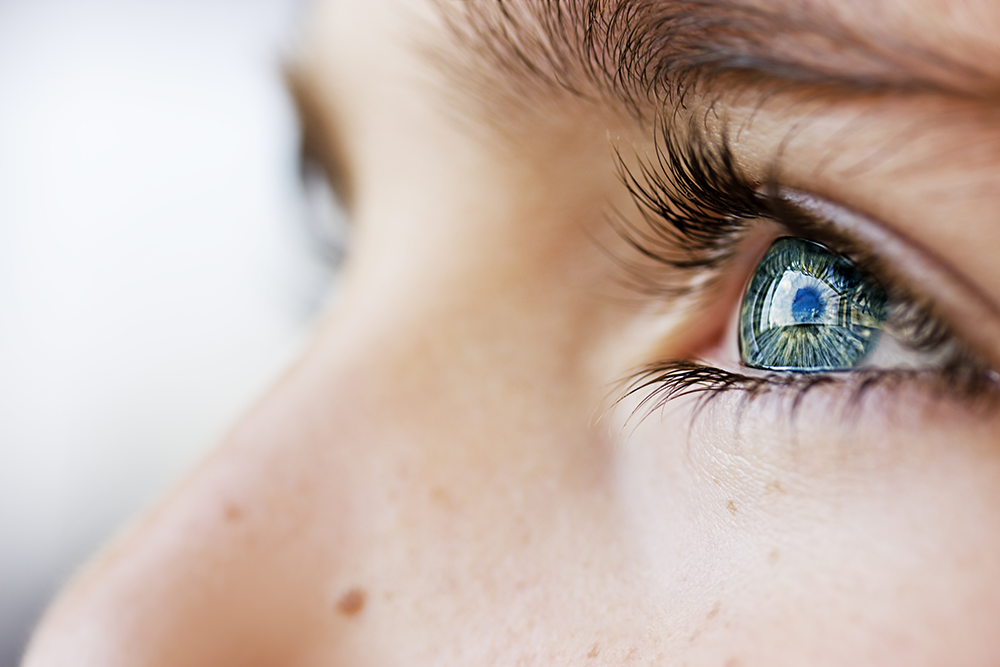There are different treatment options for those dealing with mental illnesses and substance use disorders. We know that no one treatment option is perfect, thus it may not be effective for all individuals, even though it works wonders for another individual. This is why we tailor our treatment to the individual person. One type of treatment that can help those struggling is cognitive behavioral therapy (CBT). Cognitive behavioral therapy is centered on changing your thoughts so that your behavior can be changed. Lisa Lombardi, author of “Beyond the 12 Steps” for TIME Magazine’s Special Edition: The Science of Addiction states that cognitive behavioral therapy helps by “reframing the need to drink and the central role alcohol plays in a drinker’s life.” Continue reading to learn more about how cognitive behavioral therapy can be beneficial for you.
Emphasizing Cognitive Behavioral Therapy in Recovery
Offering cognitive behavioral therapy to our clients is a no-brainer. We know the positive impacts CBT can have on our clients. It helps you take control of your thoughts and create new, healthier behaviors. Cognitive behavioral therapy is also extremely beneficial for clients that are dealing with dual diagnoses. Many people with substance use disorders are also dealing with co-occurring mental illnesses, such as anxiety, depression, or post-traumatic stress disorder. Cognitive behavioral therapy can help with mental illnesses, too.
Why People Develop Co-Occurring Disorders and How CBT Can Help
Vonnie Nealon, the clinical director of an inpatient substance use center for military veterans and first responders told TIME Magazine that, “The truth is, a lot of people who use drugs and alcohol do so because it has become a coping mechanism. And somewhere in their journey, they found if they drank they could forget their problems for a while.” Another reason someone may drink or use drugs is because they think it may be helping mask their symptoms from others. However, the drinking and using actually just makes things worse. “The longer you use that coping mechanism, the more it’s going to affect your brain chemistry and the more you’re going to have to depend on it. If people don’t get help for those issues while at rehab, when they leave the program, the co-occurring disorder is going to raise its head. You can’t control depression with willpower.” Cognitive behavioral therapy can help the patient deal with their depression, anxiety, or post-traumatic stress disorder. It helps get to the root of the problem, instead of just dealing with the surface level symptoms.
Incorporating Mindfulness and Wellness
Mindfulness and overall wellness is also an important thing to incorporate in your recovery. These holistic approaches, says Nealon, help to give the individual in recovery control over their life. It helps to give them the tools they need once they are in the “real” world.
Arbor Behavioral Healthcare is here to help you take down your addiction and deal with any co-occurring disorders you may have. We want to help you today. Call us at 844-413-2690. We can’t wait to speak with you!


